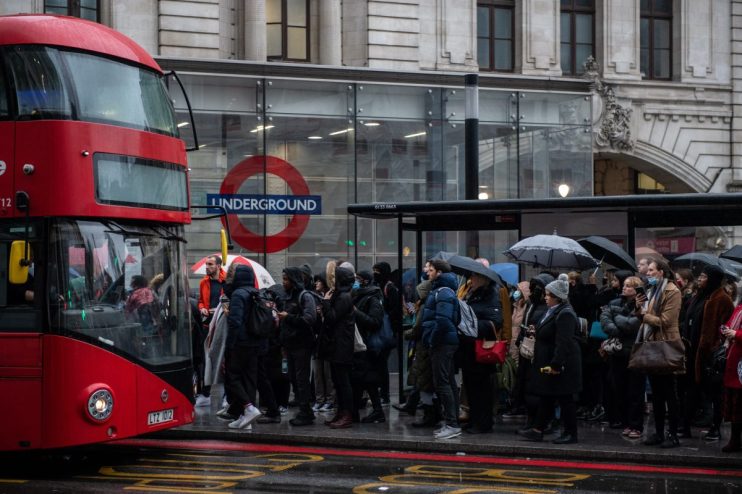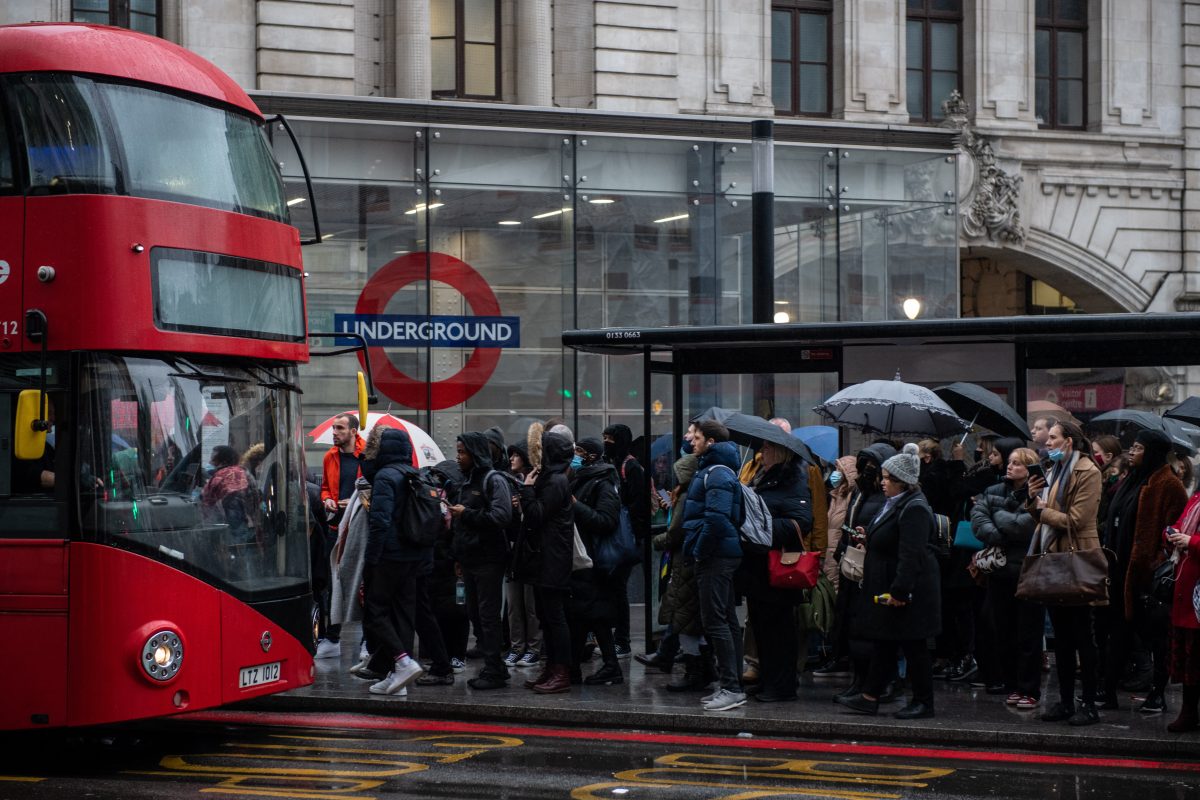Wednesday 05 November 2025 6:00 am
| Updated:
Tuesday 04 November 2025 4:20 pm
Share
Facebook Share on Facebook
X Share on Twitter
LinkedIn Share on LinkedIn
WhatsApp Share on WhatsApp
Email Share on Email
 Saving enough for retirement is a growing conversation
Saving enough for retirement is a growing conversation
The introduction of auto enrolment has drastically changed the retirement outcomes for millions of Brits, increasing private sector employees’ pension contributions.
The move, which came into force in 2012, allowed savers who joined the workforce too late to benefit from the gold plated, inflation protected defined benefit schemes to secure a consistent pension stream, without having to worry about manually handling contributions.
Statistics from the Department of Work and Pensions (DWP) show that nearly 90 per cent of UK workers, approximately 21.3m people, are saving in a work-place pension, largely credited to auto enrolment.
However, both the retirement and pension landscape have experienced a substantial shift since 2012, with the cost of living and average life expectancy rising considerably, leading people to need to save more to secure a comfortable retirement.
According to Pensions UK, a retiree needs approximately £43,900 a year to achieve this luxurious lifestyle, while a moderate retirement will see savers need £31,700 a year.
Craig Rickman, personal finance editor at investment platform Interactive Investor, said: “Auto enrolment has been successful in getting millions more people to save for retirement.
“But the question is now, are they saving enough?
“Are the minimum amounts, by law, going to be sufficient for people to live comfortably in retirement, and I think the growing consensus is probably not.”
Minimum contribution woes
Despite the majority of auto enrolment schemes offering employees the opportunity to increase their enrolment amount beyond the minimum 8 per cent, 3 per cent from employers and 5 per cent from employees, many choose not to do so.
DWP data found that less than half of private sector employees contribute over the minimum, while a fifth do not save into a workplace pension at all, with young people in particular ignoring alarm bells from financial advisers and pension providers to bolster their pot.
The lack of appetite to up pension savings has been put down to Brits prioritising short-term financial needs, such as purchasing a first home, over long-term saving.
But some savers also mistakenly believe that allocating the minimum will be enough to fund their dream lifestyle after leaving the workforce.
Read more
Spike in employer pension contributions could throw UK businesses into insolvency
Pension provider Standard Life, found that while many young people hold ambitious aspirations to retire at 60, regardless of the state pension age being expected to rise to 68 by the time they retire, they presume being auto-enrolled will be enough.
Rickman said: “If you’re looking to achieve a financial goal before you pack up work, pensions aren’t much use because you can’t get your hands on the money.
“We must appreciate as well that people have other things going on in their lives…so it’s trying to find a balance.”
Meanwhile for older people, pension contributions drop off, as workers shift to going part-time or self-employed, causing them to lose their workplace pension in some circumstances.
Finding balance and taking control
While industry figures are encouraging Brits to boost their pension contributions, they have also called for workers to consider other saving methods, such as ISAs, to help their pensions grow.
Pensions cannot typically be accessed until 55, but ISAs grant the ability to withdraw cash at any time, free from income tax and capital gains tax, which can be particularly helpful for older earners who opt to go self employed.
Similarly, opting to take money from an ISA in the early years of retirement can leave pensions untouched until later in life, allowing the saved money to go further for longer.
Rickman also noted that paying off a mortgage, when able, can help fund retirement, by funnelling the disposable income that used to go towards mortgages into a pension pot.
He said: “There’s no sort of single way to save for retirement.
“Try and think about it…how can I do things that are valuable and important to me now and in the years leading up to retirement, but also make sure that I’ve saved enough so that I can retire on my terms.
“The whole idea of saving enough is so that when the time comes, you can have a choice over how you spend your golden years.”
Read more
Brits’ retirement hopes wane as financial pressures grow
Similarly tagged content:
Sections
Categories
People & Organisations
Related Topics

